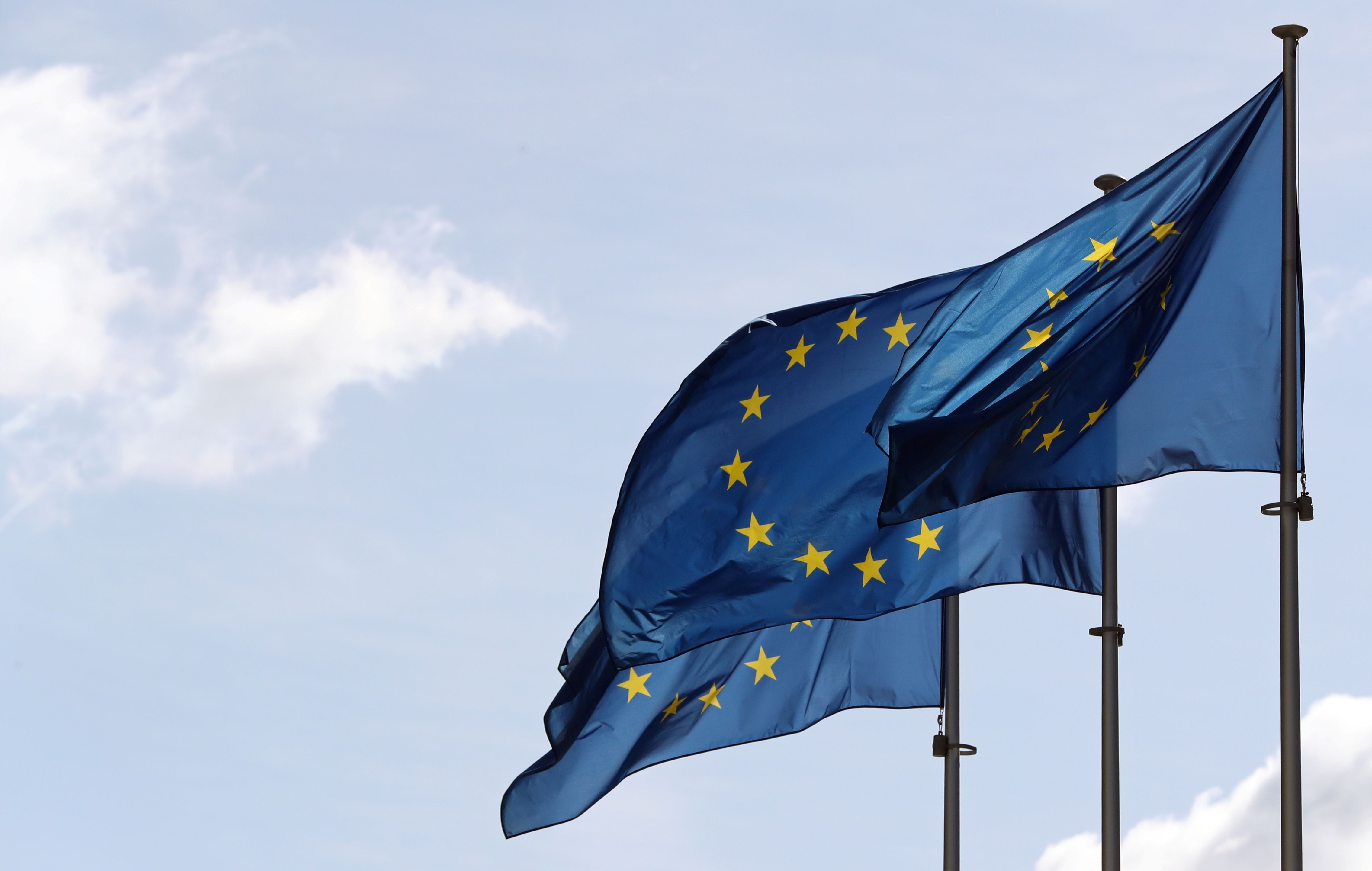Conference on the Future of Europe: Delayed Start of the New Edition

In spring 2017, the European Commission (EC) published a white paper inaugurating the debate on the shape of the EU after Brexit. From January 2018 to April 2019, it hosted a series of debates by Member State leaders on the future of the EU, as well as a series of conferences and consultations with citizens. The first stage of the conference was finalised by the adoption of the Sibiu Declaration on 9 May 2019. The continuation of the process, promoted by French President Emmanuel Macron, became one of the priorities of the EC under the leadership of Ursula von der Leyen. The inauguration of the next stage of the conference—delayed due to the pandemic and institutional disputes over the presidency of the process—is scheduled for 9 May this year. The conference is expected to end in spring 2022.
The Achievements of the First Phase
In the debates held in 2017-2019 under the banner of the Conference on the Future of the EU, politicians and citizens alike emphasised the added value of EU membership, including its benefits for the economy and security. The Sibiu document, which closed this cycle, was a manifesto of the unity of the Member States and a declaration that they would seek common solutions in a spirit of mutual understanding. Its overall content, however, reflected the leaders’ differing views on the future of the integration process and their policy priorities. The effect of all this was, among others, a postponement of the debate on the reform of EU institutions, including the development of a system of lead candidates (spitzenkandidaten) in the appointment of the president of the EC. There also were no decisions on issues such as the future of the euro area or reform of migration and asylum policy. The leaders confirmed their lack of interest in reform of the treaties, expressing their will to look for solutions that fit into the EU legal system as it currently stands.
Topics of the Next Phase
The COVID-19 pandemic, the consequent economic crisis, and the anti-crisis measures already taken place the discussion in a new context. The topics proposed for discussion in the new edition of the conference include health policy and strengthening resilience to health crises (European Health Union), as well as economic recovery and social justice. The tendencies to increase the powers of government in relation to citizens, revealed during the pandemic, will most likely become a reason for discussions about the condition of democracy and the rule of law.
Particular attention may be paid to the concept of strategic autonomy, understood not only through the prism of military security (e.g., the “Strategic Compass”), but more universally as strengthening the EU’s position in relation to other actors. In this context, challenges such as the energy transformation and climate policy or the EU’s position in the technology race (including building digital sovereignty), already outlined in the Union’s strategic agenda for 2019-2024, play an important role.
The catalogue of issues discussed during the conference remains open to the initiatives and expectations of citizens. In a special Eurobarometer on the Future of the EU from March this year, the majority of indications concerned climate change (45%), terrorism (38%), and health threats (37%). Forced migration (27%), as well as organised crime (19%), tensions in relations between states (18%), and populism (17%) were also still high on the list. Among the ideas for improving the functioning of the EU in the future, the highest ranked were levelling the differences in the standard of living of citizens (30%) and strengthening solidarity between countries and developing a common health policy (25%). Interestingly, the ideas promoted during the first edition of the conference, such as deepening economic integration or creating a common army, were relatively rarely indicated as topics for discussion (17% and 10% of responses, respectively).
Conference Organisation
Due to social distancing measures, the new edition provides for greater use of digital tools. The main one is the conference website, allowing citizens to present their own ideas on the future of the EU and comment on initiatives put forward by other participants. Through it, Europeans can create and participate in events held under the banner of the conference, as well as obtain all materials related to the conference.
The use of online tools does not exclude face-to-face meetings (in a format fitting the current sanitary regime), which will be held at the European, national, and regional levels. The idea is to have the broadest possible participation of citizens, academic institutions, NGOs, local and regional authorities, national parliaments, and EU institutions. The conclusions of citizen assemblies organised at the European level are intended to contribute to the Plenary Conference, which will be held every six months and consist of representatives of the European Parliament (EP), the Council, the EC, national parliaments, the Committee of the Regions, the Economic and Social Committee, and civil society.
As a result of the agreement concluded in March this year, the presidency of the conference will be held by the heads of the three main EU institutions: the EP, the Council (represented by the presidency), and the EC, acting as a Joint Presidency. The governing body is the Executive Board, composed of representatives of the EC, the EP, and the Council, and, as an observer, the Conference of Parliamentary Committees for Union Affairs of Parliaments of the EU.
The mandate of the conference does not include bringing about treaty changes. Its conclusions will be presented in a report prepared by the Joint Presidency. Each of the EU institutions will then plan how to implement them.
Conclusions
Over the years, the banner of the Conference on the Future of Europe has been heavily used. As part of the process, a number of meetings and consultations were held, often not leading to specific conclusions. The scope of the topics covered has changed, with the emphasis shifting from planning structural reforms to defining development priorities and reforming sectoral policies, such as climate and digital policy.
Due to the pandemic, which hinders the involvement of citizens in the debate, as well as the persistent differences in the approach of the Member States to the future of integration, it is difficult to expect that the new edition will bring a breakthrough in the work of the conference. The more so as the schedule of the event coincides with the presidential campaign in France (the finale of the conference will take place during the French presidency of the EU Council in the first half of 2022), which may discourage the leaders of other Member States from engaging in the project. In addition, the lack of consent to interference in the treaties, which is visible at the outset, limits the project’s ambitions, which will most likely reduce the interest in participating in the conference by representatives of civil society and experts. Sharing the chairmanship of an event by the three main institutions raises its rank and ensures pluralism, but it dilutes the responsibility for the final results of the project.
Despite these limitations, the process of reforming the EU will continue. The COVID crisis is an impulse for further integration, especially in the area of health policy or building Europe’s economic sovereignty. In this context, the Conference on the Future of Europe will become not so much a forum for initiating reforms, but rather for consulting decisions with citizens.
In the conditions of the economic crisis after the pandemic, the implementation of reforms undertaken in the EU, including those signing off on the climate and digital transformation, may turn out to be a challenge for citizens and influence a change in the social perception of integration. For the EU institutions and the governments of the Member States, including Poland, the Conference on the Future of the EU will therefore be an opportunity to listen again to the needs and expectations of citizens.


